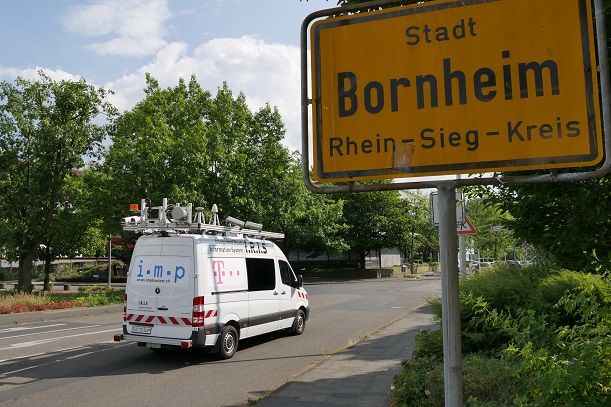The joint venture, Glasfaser Nordwest, was set up despite opposition to its terms and conditions in 2019
Deutsche Telekomwatch reports that the 2019 ruling that cleared the path for the Telekom Deutschland’s fibre joint venture with energy company EWE has been deemed illegal.
This decision was taken last week when the Higher Regional Court in Düsseldorf (Oberlandesgericht Düsseldorf), finding in favour of competitors Vodafone Germany and Deutsche Glasfaser who have complained about the JV has undermined competition in Glasfeser Nordwest’s area of operation – North Rhine‑Westphalia and Lower Saxony.
Different T&Cs
Telekom Deutschland’s two competitors took Germany’s Bundeskartellamt (Federal Cartel Office) to court for approving the JV early in 2019.
According to the report, they complain the competitive obligations on the JV are sufficiently strong, resulting in “restrictions of competition” and “slowing down the expansion of fibre optics in the north-west instead of accelerating it”.
The obligations were set out by the Federal Cartel Office before Glasfaser Nordwest started operations, early in 2020.
Among other things, the JV is required to provide access to its network on a non-discriminatory basis and operate on “normal commercial terms,” but the Federal Cartel Office granted a concession – the JV is not subject to the stiffer rules regarding tariffs on Telekom Deutshland’s other wholesale business.
This did not play well with the incumbent’s competitors, although EWE and Telekom Deutschland also committed not to restrict itself to deployment in areas where there were cable networks. Vodafone Deutschland is the country’s biggest cable operator.
Appeal to follow
For the moment it seems like business as usual for Glasfaser Nordwest, while it appeals to the Federal Cartel Office via the mechanism of a non-admission complaint in the first instance.
If this fails, the case could go back to the Oberlandesgericht Düsseldorf. It is thought that the worst case scenario from the JV’s point of view is likely to be tighter pricing restrictions, which is unlikely to appease its competitors.



